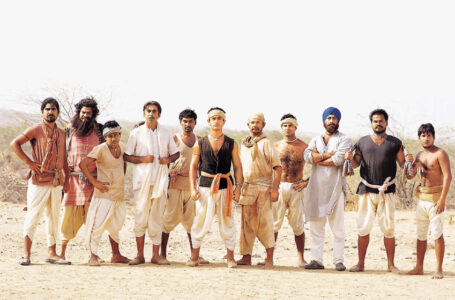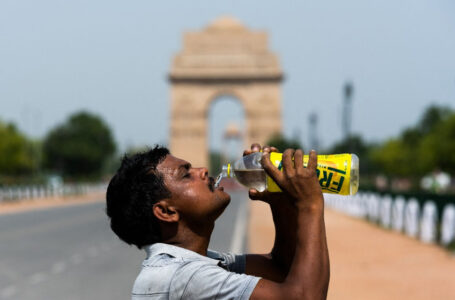The Kashmir Files – A gut-wrenching story of Kashmiri Pandits
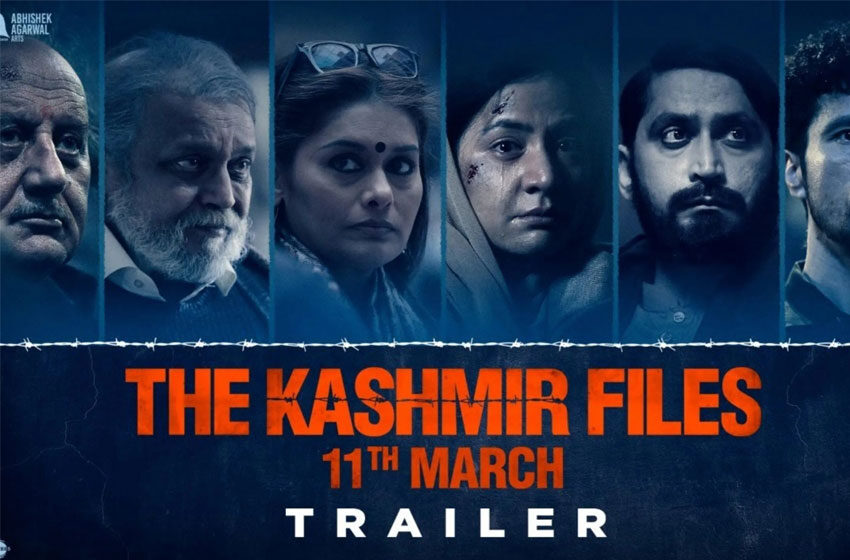
The Kashmir files, released on 11th March 2022, succeeded in capturing the attention of the Indian audience across the globe. This is because the film sheds light on the exodus of Hindus from Kashmir in the 1990s. The film depicts a fictional story about a University student who discovers that Islamist militants killed his Kashmiri Hindu parents.
The film has received mixed reactions and led to polarised opinions; many people claimed that it had shown the “bloody” and brutal past of the Kashmiri pandits, while another section of the audience and critics remarked that the film is engrossed in anti-muslim sentiments. Moreover, people reacted on Twitter and other social media platforms; some are hailing it as one of the best films of the year so far, others are critiquing it by calling it a “propaganda movie”.
Despite the outrage by some sections of the audience, the film continues to receive rave reviews and undeterred support from Indian citizens globally. The film’s supporters include the displaced Kashmiri pandits; they have dispersed across the country and the world after the Islamist militants’ insurgency in the 1990s.
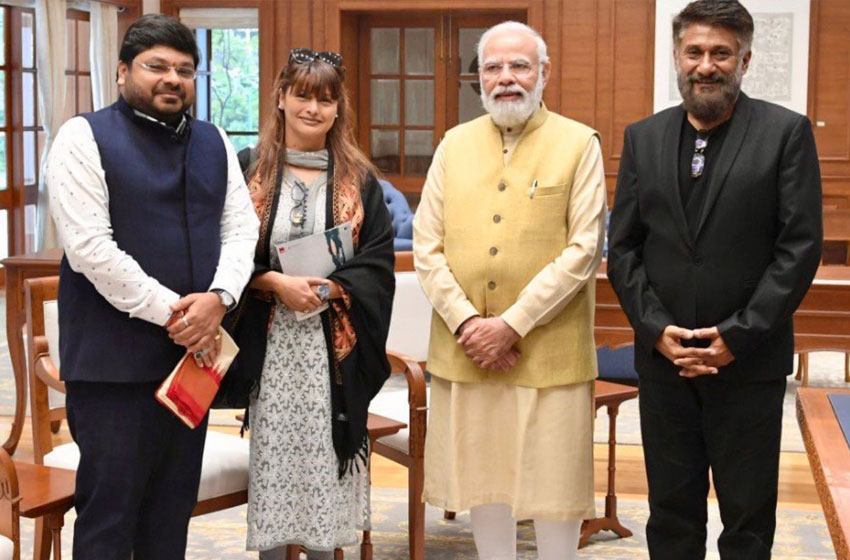
Meanwhile, Prime Minister Narendra Modi and key ministers in the BJP-led government has lauded the movie. Moreover, several BJP-ruled states have waived tax on the film, and the PM himself dismissed the criticism as a conspiracy to discredit the film.
The 1990 exodus
The region of Jammu and Kashmir has always been a bone of contention between India and its neighbouring country Pakistan since 1947. But what led to the exodus of Kashmiri pandits?
In 1989, the then Chief Minister of Jammu and Kashmir, Farooq Abdullah, ordered the release of 70 terrorists between July and December of that year. Besides, Islamic militant organisations trained these young men in terrorist camps in Pakistan-occupied J&K.
The top four among them were Hamid Sheikh, Ashfaq Wani, Javed Mir and Yasin Malik, who played a significant role in promoting insurgency and anti-Hindu atmosphere in the region.
Pandit Tika Lal Taploo, a postgraduate LLB from Aligarh Muslim University, had worked as an advocate of the Jammu and Kashmir High Court since 1971. In addition, he carried out extensive social work activities, which resulted in him having a massive following amongst both Muslims and Hindus. Moreover, his benevolent behaviour and attitude made him popular amongst the people, who addressed him as “Lala” (elder brother in Pashto).
On 14th September 1989, the terrorists assassinated Pandit Taploo, the most prominent Kashmiri Hindu leader, and set the prelude for the mass exodus of Kashmiri Hindus from the region.
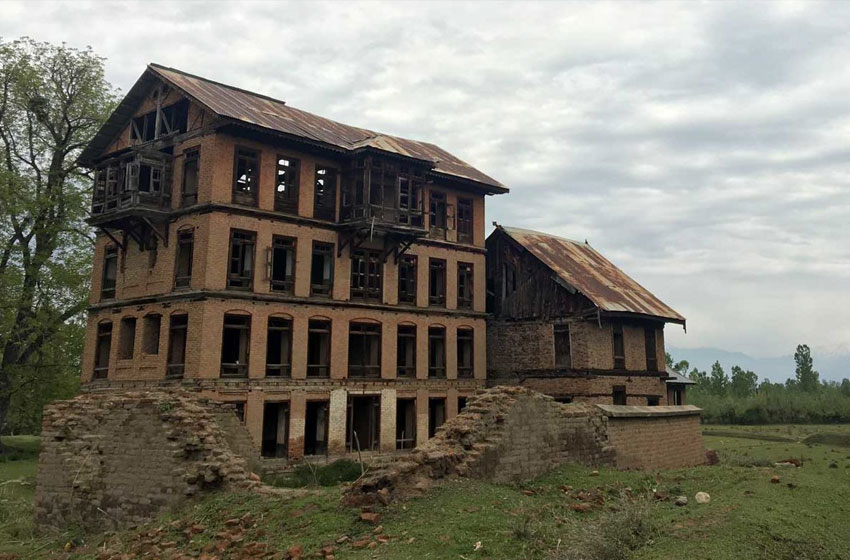
The incident was a well-thought strategy to create mayhem, which started a spree of terrorist attacks targetting Kashmiri Hindus. For instance, Srinagar District Sessions Judge Nilkanth Ganjoo was shot dead as he had sentenced Maqbul Bhat (a terrorist).
By the end of 1989, the terrorist group’s demand for Islamic dominion and separation from India reached its height. Furthermore, on the evening of 19th January, pro-Pakistan slogans could be heard from the mosques in the Valley. Simultaneously, mobs started gathering, and posters were plastered over shops, electric posts and streets asking Hindus to either convert to Islam and join the separatists or abandon Kashmir, leaving their daughters and wives there.
Thousands of Hindus were compelled to leave their homes in the dead of the night. According to a report by Jammu-Kashmir Study Center, a Delhi-based research institute, by March 1990, eighty to ninety per cent of the Hindus residing in the Valley had left their homes.
Reactions of The Kashmir files
The history of Kashmiri pandits is drenched in blood and gore; they have undergone insensate torture, assault, and deaths in the early 1990s. Also, most of them living across the nation and world hope to find closure and justice to what they have gone through.
The Kashmir files reminded the viewers of the brutal killings and the overbearing hostility with which the Kashmiri Pandits had to flee their homeland. For instance, Yogi Gariyali, who currently lives in Melbourne, said that it had been 32 years, but she still shudders at the memory of the events.
Mrs Gariyali was barely 15 years old when the conflict was going on; she was the youngest, and her family had asked to lock herself in the last room at the back of their house. She pointed out that her parents instructed her not to open the doors for anyone as the separatists would kill men from her community and take women away.
She left Kashmir with her mother, grandmother, and aunt on 25th January 1990, while her father and grandfather joined them a few days later.
Mrs Gariyali pointed out that she was hesitant to watch the film initially as she knew she would be devastated. However, when she watched the movie with her husband, she could not help but recall the harrowing past incidents. Furthermore, the movie transported her back to her childhood days, when she saw gun-wielding mobs gathered around the street chanting slogans for Kashmir’s freedom.
Rakhi Razdan, a former President of Kashmiri Pandit’s Cultural Association of Melbourne, emphasised the killing of Pandit Tika Lal Taploo in 1989 and Neelkanth Ganjoo was the turning point of Kashmir conflicts.
In December 2021, media reports highlighted the government record about the number of deaths in Kashmir. For example, 89 Kashmiri Pandits were killed in attacks since the inception of militancy in 1990. Also, 1,635 people of other faiths apart from Kashmiri Hindus were killed during the same period.
The polarisation of opinions regarding the film is found in the mainstream media and social media platforms, where the former can be seen to lambast the film’s director. One of the primary reasons for objection is that Vivek Agnihotri(Director) has showcased one side of the story. His film depicts the pain and tragedy of the Kashmiri Pandits but refrains from showcasing how many Muslims died during the insurgency. Furthermore, the critics also pointed out that the film ignored exploring the betrayal of Delhi and its misgovernance and wrong decisions, which were one of the contributing factors of the conflicts.
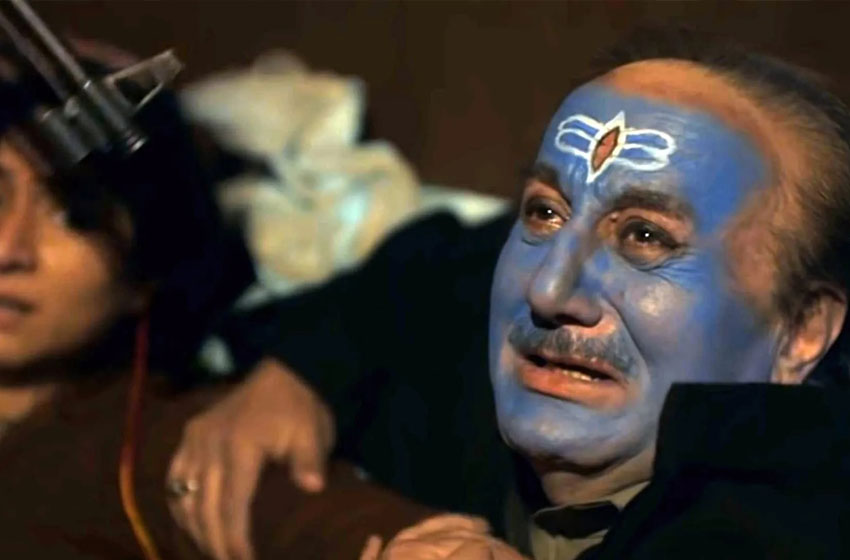
Another section of the audience expressed their concern and hoped that the movie does not polarise people and fill them with hatred towards each community. Whereas others could be seen encouraging the audience to watch the film as people need to know the injustice that the Kashmiri Pandits have suffered.
The cultural impact
Movies have long been thought of as a source of entertainment, but it has become more than that with changing times. Indeed, it still serves the demand of the general public by being a source of relief and pleasure. But over time, it has become an instrument of change and trends; movies mimic society, and we also find ourselves striving to bring certain changes in our lives after watching a movie.
Cinema has always pushed the limits of socio-cultural dilemmas whenever any films showed events that changed the status quo. Moreover, storytellers have the creativity and skill to showcase a story in its raw and unadulterated form, bereft of any artifice. Also, they have the discipline to highlight the long-forgotten sacrifices, injustices of the powerful, pain and trauma of the common people.
Therefore, films like the Kashmir Files needs to be lauded. Despite it being engulfed in controversies over promoting Islamophobia, it should be given a fair chance, as the film dares to portray humanity at its most vulnerable and barbaric simultaneously.



